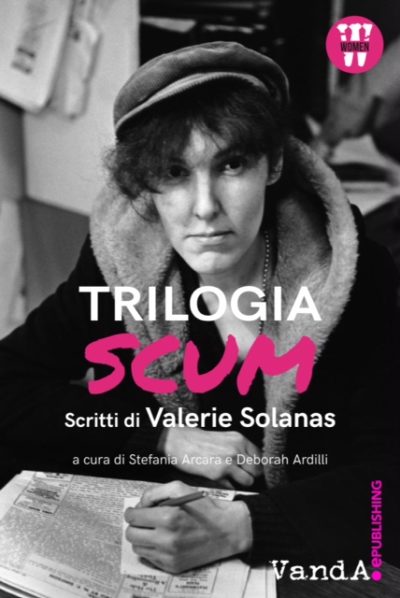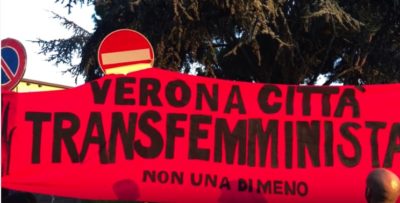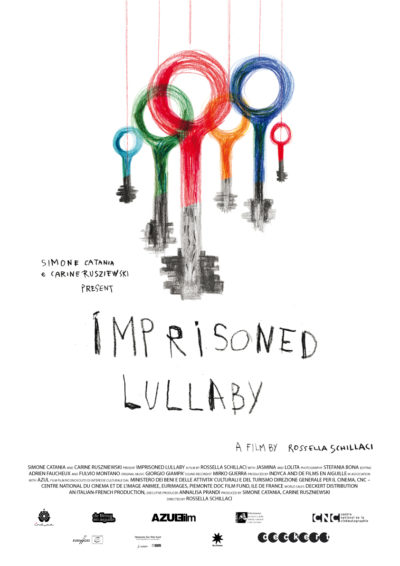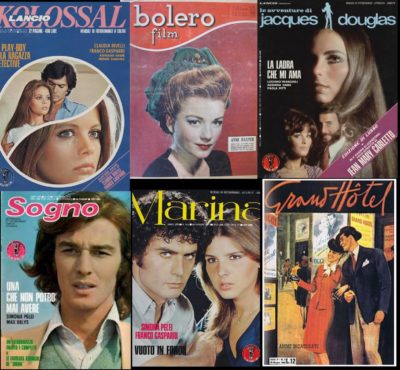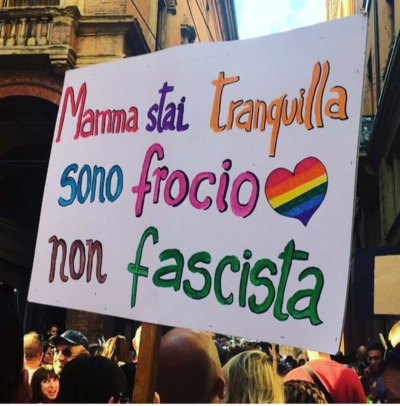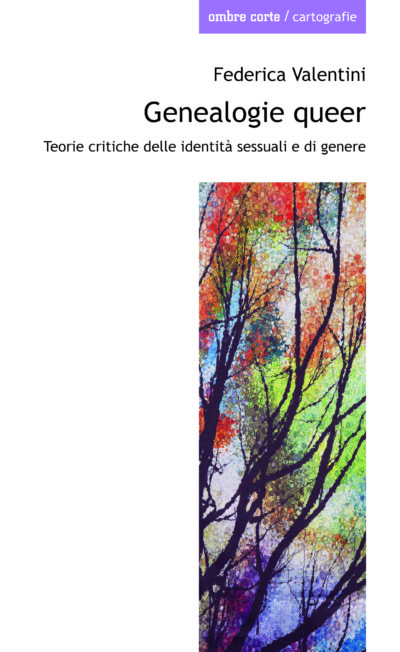8.Valerie Solanas’s Trilogia SCUM: A feminist translation project of care. Interview/dialogue with Stefania Arcara and Deborah Ardilli.
by Stefania Arcara, Deborah Ardilli, Michela Baldo
This interview focuses on the recent publication of Trilogia SCUM (2017), the Italian translation and retranslation of the complete works by radical lesbian feminist Valerie Solanas (editors Stefania Arcara and Deborah Ardilli). Solanas’s publication is discussed as a feminist translation project of care: through the use of abundant paratextual material, and through the restoration of Solanas’s uncensored SCUM Manifesto (1967), Arcara and Ardilli have joined efforts in reconstituting the legitimacy of Solanas as a feminist writer,

